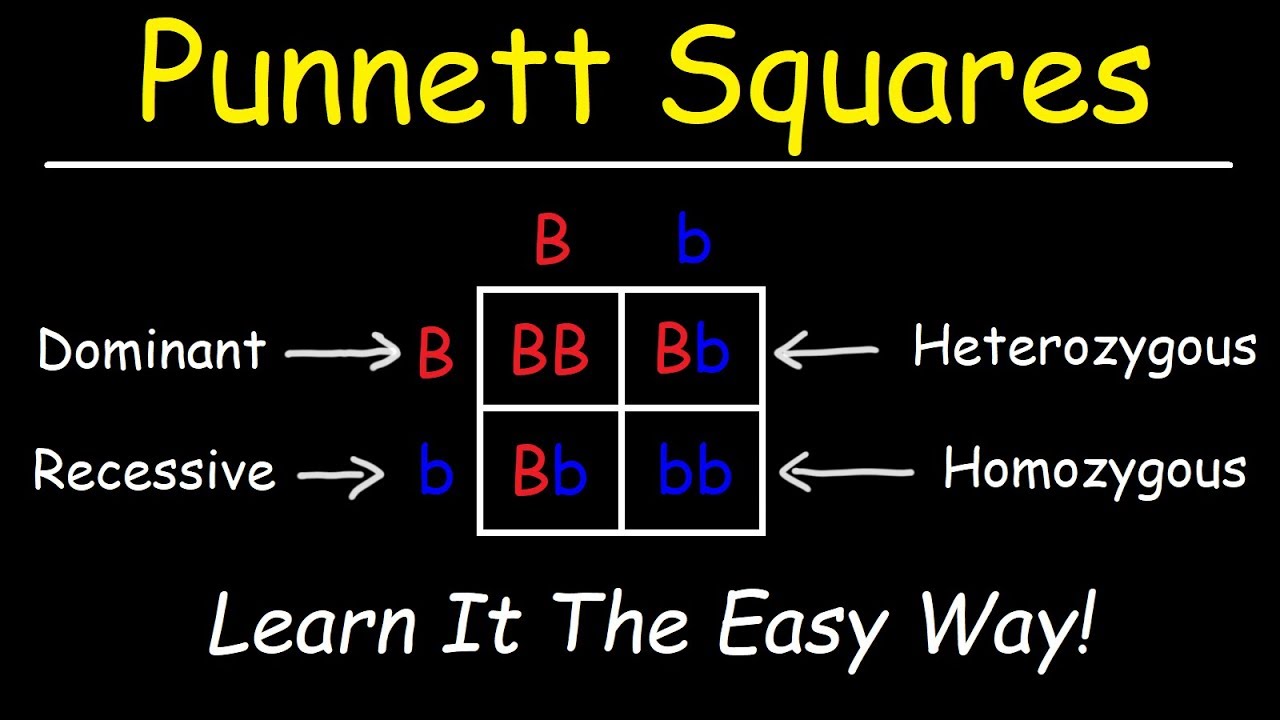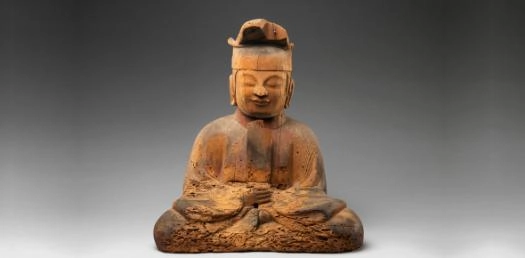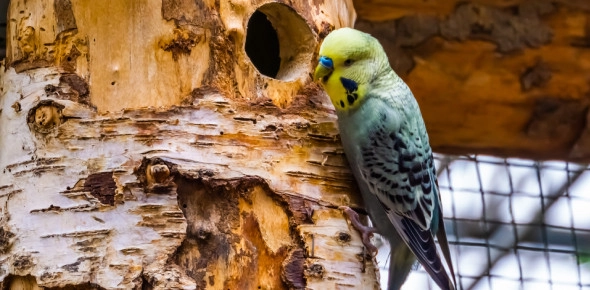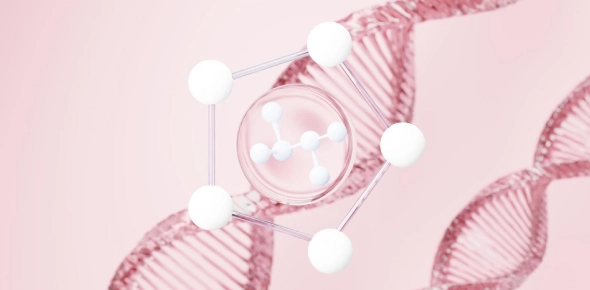
Test your knowledge of Punnett Squares with our engaging quiz! Whether you're a genetics beginner or a seasoned pro, discover how well you understand genetic inheritance and challenge yourself today.
Questions and Answers
What's inside the How Well Do You Know Punnett Squares? Take Our Quiz Now! quiz
What is the primary purpose of a Punnett Square?
If a parent has a genotype of Aa, what are the possible gametes they can produce?
What phenotypic ratio is expected from a homozygous dominant crossed with a homozygous recessive individual?
Which term describes an organism with two identical alleles for a gene?
If two heterozygous plants are crossed (Tt × Tt), what is the probability of producing a homozygous recessive offspring?
What does the horizontal axis in a Punnett Square represent?
In a cross between two heterozygous individuals (Aa × Aa), what is the expected phenotypic ratio?
What is the term for two different alleles of a gene?
In a Punnett Square, what do the boxes represent?
If a trait is sex-linked, which chromosome is it associated with?
What is the probability of an offspring being homozygous dominant in a cross between two heterozygous parents (Aa × Aa)?
What does a Punnett Square not account for?
Quiz description
Discover the Fundamentals of Punnett Squares
Punnett Squares are essential tools in genetics used to predict the probability of an offspring's genotype based on the genetic makeup of the parents. Named after Reginald C. Punnett, this method simplifies the complex process of understanding genetic inheritance.
Why Learn About Punnett Squares?
Understanding Punnett Squares is crucial for anyone interested in biology, genetics, or related fields. They provide a visual representation of how alleles from each parent can combine, allowing for accurate predictions of inherited traits.
How Punnett Squares Work
- Alleles: Different forms of a gene that determine specific traits.
- Genotype: The genetic makeup of an organism.
- Phenotype: The physical expression of the genotype.
By setting up a Punnett Square, you can systematically determine the possible genotypes of offspring and their resulting phenotypes.
Types of Crosses
Punnett Squares can be used for various types of genetic crosses, including:
- Monohybrid Cross: Involves one gene with two alleles.
- Dihybrid Cross: Involves two genes with two alleles each.
- Test Cross: Determines the genotype of an organism with a dominant phenotype.
Enhance Your Genetics Knowledge
Taking quizzes and practicing with Punnett Squares can significantly improve your understanding of genetic principles. Whether you're a student, educator, or enthusiast, mastering Punnett Squares opens the door to deeper insights into heredity and variation.











